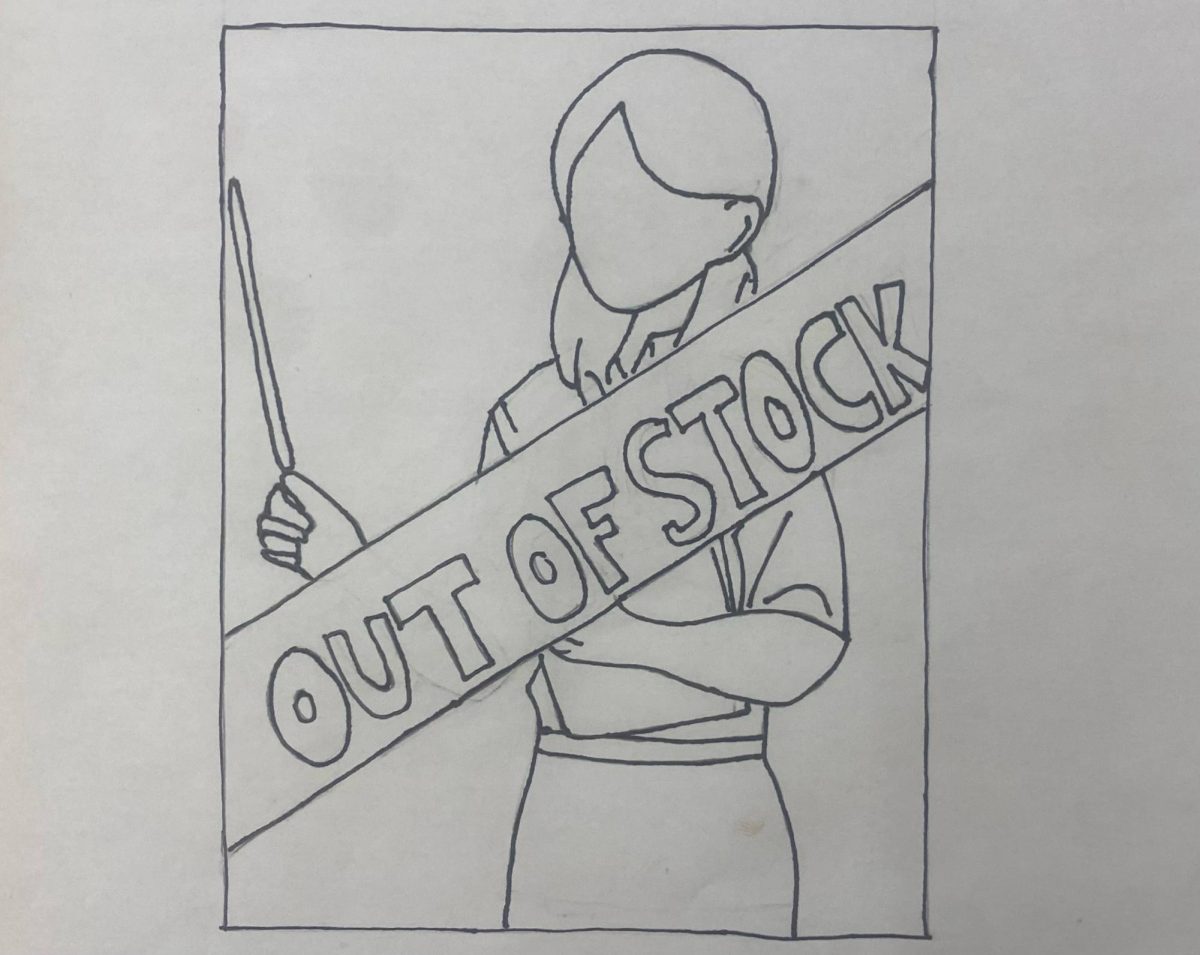Face-to-Face is a feature that allows two members of the Redwood community to grill each other, argue, or simply converse about a relevant issue or event. We provide the topic, and they do the rest.
This month’s participants are senior Rayna Saron who plays trombone and tuba and junior Teymour Sadrieh who plays soccer. The issue: What should help you get into college more: sports or music?
Do you think music or sports looks better on a college application?
RS: Currently, sports is more helpful for getting into colleges. A school will never commit a musician. I feel that if top tier universities are evaluating non-academic skills, they should not just limit it to athletics.
TS: If you give scholarships and stuff like that for athletics, it really creates a culture and a lot of revenue for colleges. People, no offense, don’t generally go and see music as much as they go see soccer, football, or baseball. So, I think for colleges it’s a better choice.
Say you’re not a top tier person in your activity–does one look better than the other when applying to schools?
RS: Not really. I know that as a musician, it may look better to say what youth orchestra you’re in, but if you’re not a talented player it won’t help you get in. And in a lot of schools in order for music to help you, you have to do an audition to have to be a music major. Whereas for athletics you can be committed to a sports team but you are not confined to being an “athletics major.” Music can only really, really help you get in if you promise to pursue that as a major for at least a year. I think that is unfair.
TS: I think that it just depends on how good you are really.
If you are better at a sport then you are in music, I think that will just help determine on your skill level.
Do you think colleges are biased towards sports or music?
RS: I think they definitely are biased. For some schools, sporting events generate a lot of revenue. But that shouldn’t dictate how they admit students. The goal of an educational institution shouldn’t be to make as much money as possible. It should be to provide the best education for the greatest number of people and have the most diverse student body population. By emphasizing athletics, it limits the access to other students who might have the grades and music, but they are not a star athlete they don’t get admitted.
TS: Yes that’s true, I think there definitely is a bias towards sports for colleges admitting people with good extracurriculars. I think the reason they do is to essentially make more money. That is important, because for the other kids that are really there for the academic prowess it creates a better environment for their education because there is being more money pumped into the school.
RS: But students that have much lower than average GPAs that are admitted off athletics take spots that higher achieving students would have. And I think that its that athletes have that opportunity to allow that skill to get them into school, but if you get injured or leave your team, then you have someone who is not used to being in an academically rigorous environment in a difficult school. And that’s not an experience that they are necessarily prepared for.
TS: It’s really up to the kid, even if they have a much lower GPA that is generally admitted to the school. I think that it is their choice if they think they really deserve to stay on at that school if they are injured or not partaking in the sport.
















